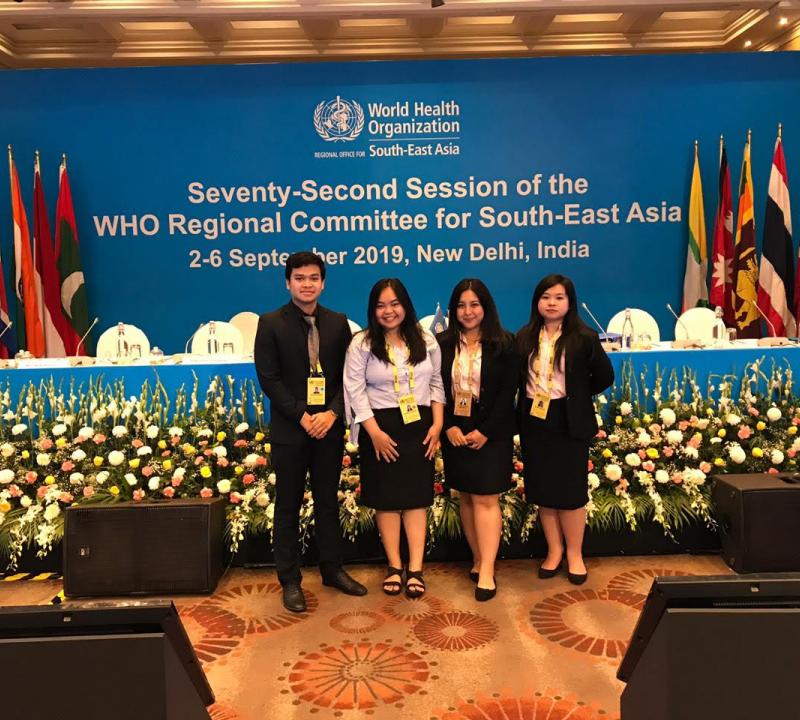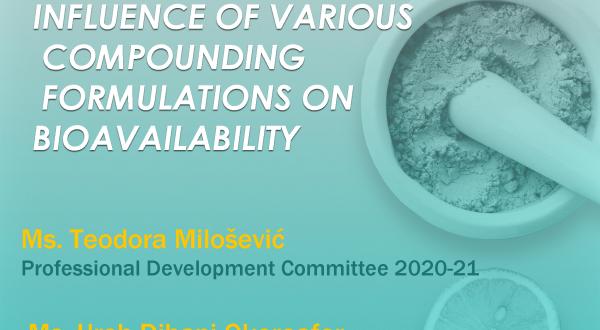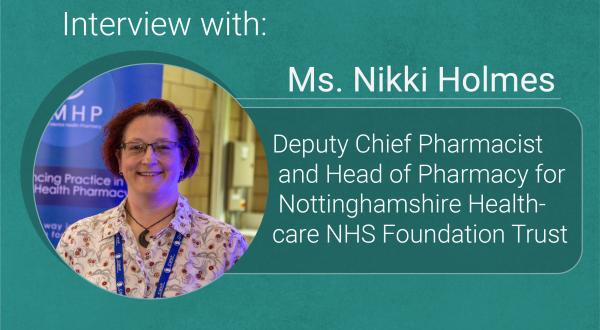
[IPSF APRO] APRO CORNER - WHAT CAN YOU(TH) DO WITH THE EMERGENCY OPERATIONS AS PHARMACY STUDENTS?
IPSF APRO CORNER - SEARO Edition
IPSF APRO Corner is a project to provide our members with some information and public-sharing knowledge, promote and allow RWG to share their experiences during external events and meetings. The members will also get opportunities to be more familiarized with IPSF APRO activities. This year, the IPSF APRO theme will be related to Universal Health Coverage. Ms. Florensia Rahati Pujiani (IPSF APRO Regional Relations Officer) and Ms. Adhani Praderika Nafila Winardi (IPSF APRO Regional Project Officer) had the opportunity to meet Dr. John Prawira from WHO South-East Asia Region (SEARO) who currently is working under the department of emergency to talk about emergency operations and its relation with universal health coverage.
In simple term, emergency can be divided into two phases, preparedness and response. “What we do during preparedness, we develop contingency plans, we do simulations training and we develop guidelines and tools to be used when the emergency does happen and during the response phase when the emergency occurred, we provided clinical health services, logistics, the administration matters”, said dr. John Prawira
Universal Health Coverage is about having access to quality health services, these practices have to be applied during preparedness of emergency and during the actual emergency by providing health facilities, supplies, and services despite the overwhelming situations that occurred in emergencies.
A pharmacist has an important role by being the emergency medical team, developing a way to deliver drugs and medical supplies and ensure that drugs and medical supplies are safely delivered to the emergency site.
As a pharmacy student, we need to raise awareness about the importance of emergency preparedness and response and advocated this matter. “In addition to Preparedness, pharmacy students can also play a big role in Emergency Response based on the competency that each student has,” said Dr John Prawira.
He added: “The students can be volunteers, either it is directly related to the pharmacy in big context or it can be related to other skills. For example, if the students are capable to be involved in Search and Rescue, or in managing camps, they can also be involved.”
To sum up, there are several ways where pharmacy students can contribute to Emergency Preparedness and Response based on competencies they have, such as being volunteers. To be highlighted, it is also possible for pharmacy students to take part in sectors which is not directly related to the pharmacy like organizing camps if they have the capability to do so.
Authors: Ms. Natasha Christabella and Ms. Khairunissa Salsabila Luthfi (IPSF APRO Regional Relations Subcommittee 2019-20)



